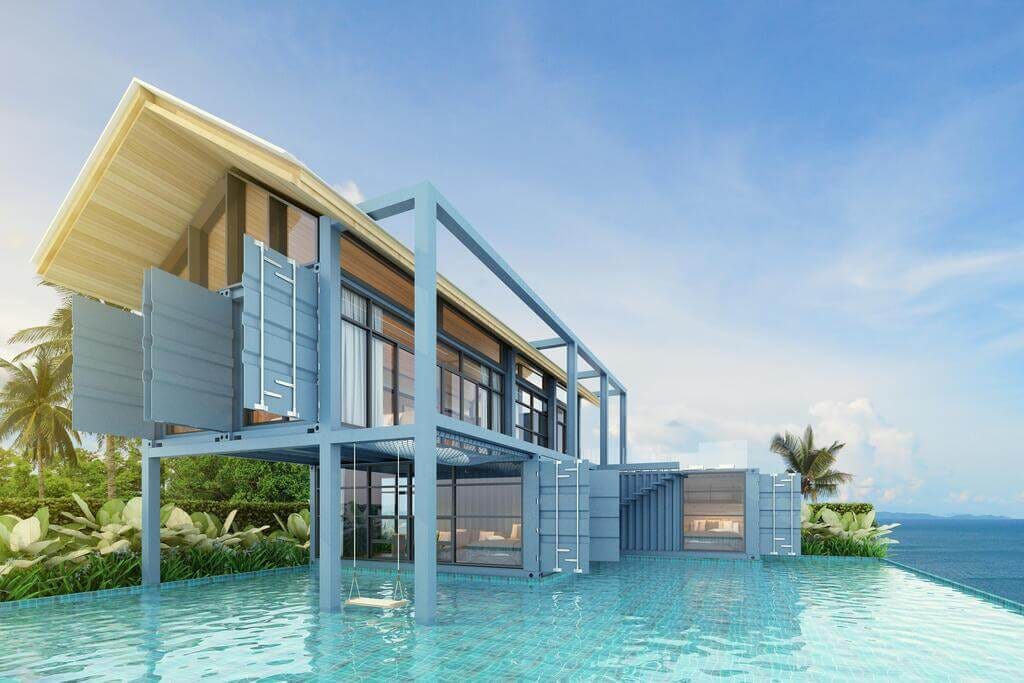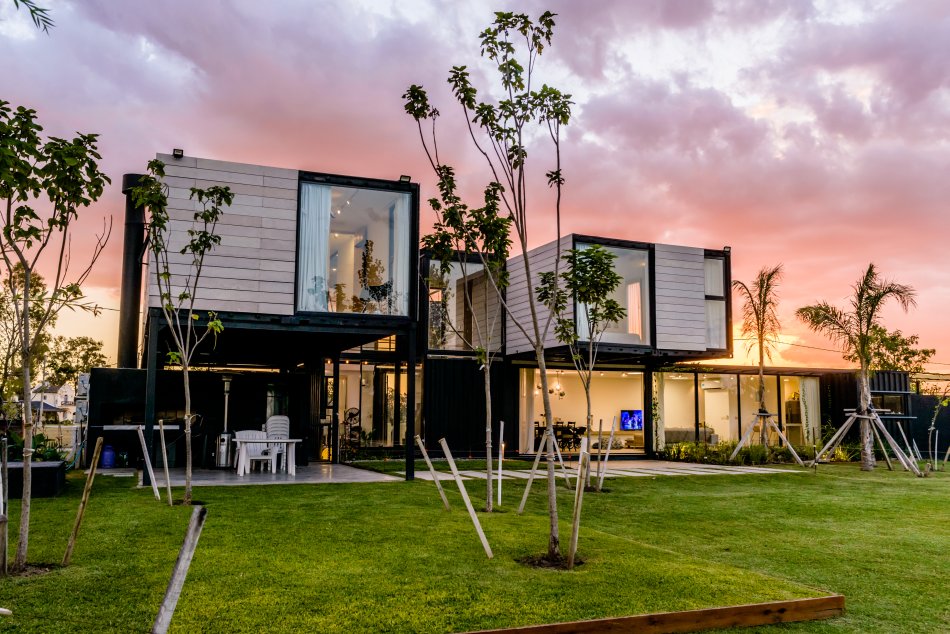Introduction: In the realm of modern construction, expandable modular housing has emerged as a pioneering solution. These dwellings, built from pre-fabricated components, offer a plethora of advantages. This essay explores the myriad benefits of this innovative housing approach, emphasizing its flexibility, sustainability, and cost-effectiveness.
Expandable modular housing presents a multifaceted array of advantages. Firstly, its modularity allows for convenient expansion or reduction based on changing needs. This inherent flexibility is a standout feature, providing homeowners with the ability to adapt their living spaces without extensive construction. This adaptability suits various lifestyles, from accommodating growing families to downsizing for empty nesters or adjusting to remote work requirements.
Moreover, the construction process of modular housing significantly reduces construction time. Assembling prefabricated components on-site streamlines the building process, leading to quicker occupancy. This swift construction not only saves time but also minimizes disruptions to local communities, showcasing the eco-friendliness of this housing model.

Another key advantage is the cost-efficiency of expandable modular homes. The controlled factory environment optimizes material usage and reduces waste, resulting in lower construction costs. Furthermore, the efficient assembly process contributes to reduced labor expenses. Over time, the energy-efficient designs of these homes also translate to lower utility bills, adding to their economic viability.
Sustainability:
In addition to their practical benefits, expandable modular homes embody sustainability. The streamlined manufacturing process generates less waste and decreases the carbon footprint compared to traditional construction methods. Additionally, these homes often incorporate energy-efficient features like solar panels, superior insulation, and water-saving mechanisms, aligning with the growing global emphasis on environmental responsibility.
Furthermore, the modular nature of these dwellings fosters innovation and customization. Homeowners can easily integrate smart home technologies, renewable energy solutions, or design variations into their living spaces. This adaptability encourages a continuous evolution of housing designs, catering to evolving societal needs and technological advancements.

The versatility of expandable modular housing extends beyond residential use. These structures find applications in disaster relief, providing rapidly deployable and durable shelters during emergencies. Their quick assembly and disassembly facilitate temporary housing solutions, aiding displaced communities in times of crisis.
In conclusion, the advantages of expandable modular housing encompass adaptability, cost-effectiveness, sustainability, and versatility. This innovative approach to construction not only addresses current housing needs but also offers a glimpse into the future of sustainable, customizable, and efficient living spaces. Its ability to seamlessly blend practicality with innovation positions it as a transformative force in the realm of modern architecture and housing solutions.